Genesis 2
$40.99
Genesis is not merely an Old Testament book. Genesis is the beginning of the Bible’s macro-narrative, the over-arching narrative which stretches from the creation in Genesis 1 and 2 to the new creation in Revelation 21 and 22. To read Genesis as Christian Scripture requires that we also read Genesis in light of its meaning for Christians who know Jesus Christ to be the ultimate seed of Abraham (Gal. 3:16).
This section of Genesis differs from chapters 1-11 in two main ways. First, it deals with the chosen family, the precursor to the nation of Israel. Second, it focuses much more on the lives of individual characters who come to life on its pages. A predominant theme in this section of Genesis is the concept of election or “chosenness,” referring to God’s choice of particular individuals as the human channels of his blessing to the entire world. Often God’s choice runs counter to the human choice. Isaac is chosen over Lot and Ishmael; Jacob over Esau; Judah over his older brothers Reuben, Simeon and Levi. Joseph, the tenth son, is elevated above his brothers. The chosen nation descends from a series of individuals chosen for other reasons than their order of birth or expected social status. Israel is a chosen nation descended from the unlikely and improbable choices that God made of individuals. This theme of God’s surprising choices binds the narratives of Genesis together and hints at the humility that the chosen nation Israel must have toward their own election.
Unlike the earlier section of Genesis where human characters are little more than types, in this section of Genesis we have full-fledged characters such as Abraham and Sarah, Isaac and Rebekah, Jacob, Joseph and Judah. With fullfledged characters comes the complexity and ambiguity of such characters. The characters in Genesis are not portrayed as good Christian people! They were not Christians and their narrative portrayals are not simplistic. The lessons we learn from them come as much from their weaknesses and mistakes as it does from their moral examples. The characters of Genesis are not white-hatted heroes riding white horses or black-hatted villains riding black ones. The message of Genesis is elsewhere than in simplistic moralizing.
Genesis 12-50 makes clear that even the chosen family is itself significantly sinful. This prepares the ground for the Bible’s great surprise ending. God himself, in his son Jesus the Messiah, the son of David, the son of Abraham, took on flesh and b
in stock within 3-5 days of online purchase
SKU (ISBN): 9780899008769
ISBN10: 0899008763
Paul Kissling
Binding: Cloth Text
Published: March 2009
College Press NIV Old Testament Commentary
Publisher: College Press Publishing Company Inc.
Print On Demand Product
Related products
-
Women Of The Bible
$16.99Based on the bestselling book coauthored with Ann Spangler, Women of the Bible, this study edition includes an introduction to each woman, major Scripture passages, study materials, and cultural backgrounds. There are fifty-two studies, one for each week of the year. Newly gathered study aids include helpful charts as well as a complete listing of all women of the Bible, with pertinent Scripture references. Space is included to record your thoughts and insights.
Each timeless biblical story mirrors the challenges and changes today’s women face. Through understanding these women’s lives, this easy-to-use study resource will help you discover the God behind their stories-and yours.
Add to cartin stock within 3-5 days of online purchase
-
Church History In Plain Language
$39.99Over 330,000 copies sold. This is the story of the church for today’s readers.
Bruce Shelley’s classic history of the church brings the story of global Christianity into the twenty-first century. Like a skilled screenwriter, Shelley begins each chapter with three elements: characters, setting, plot. Taking readers from the early centuries of the church up through the modern era he tells his readers a story of actual people, in a particular situation, taking action or being acted upon, provides a window into the circumstances and historical context, and from there develops the story of a major period or theme of Christian history. Covering recent events, this book also:
*Details the rapid growth of evangelical and Pentecostal Christianity in the southern hemisphere*Addresses the decline in traditional mainline denominations
*Examines the influence of technology on the spread of the gospel
*Discusses how Christianity intersects with other religions in countries all over the world
For this fifth edition, Marshall Shelley brought together a team of historians, historical theologians, and editors to revise and update this father’s classic text. The new edition adds important stories of the development of Christianity in Asia, India, and Africa, both in the early church as well as in the twentieth and twenty-first centuries. It also highlights the stories of women and non-Europeans who significantly influenced the development of Christianity but whose contributions are often overlooked in previous overviews of church history.
This concise book provides an easy-to-read guide to church history with intellectual substance. The new edition of Church History in Plain Language promises to set a new standard for readable church history.
Add to cartin stock within 3-5 days of online purchase

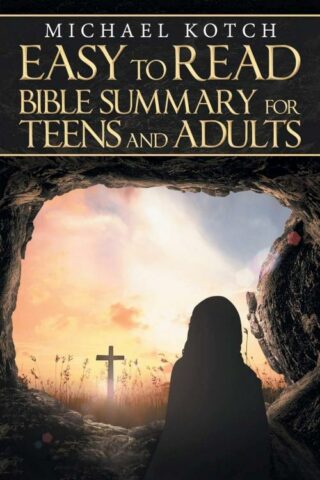


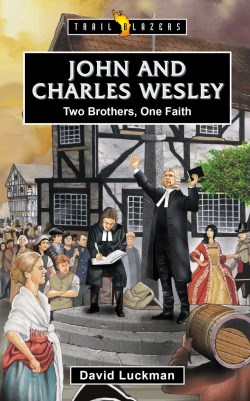
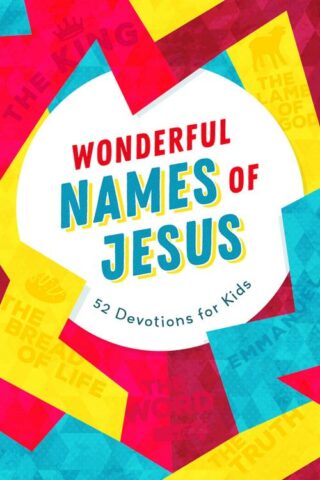
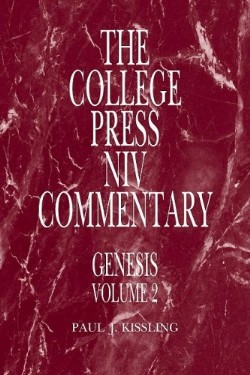

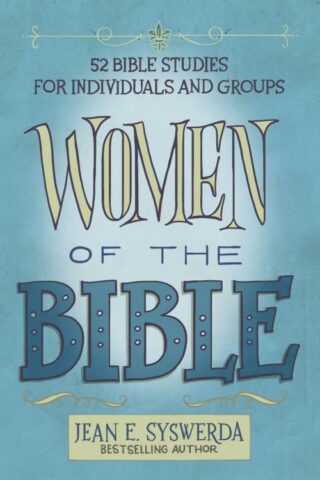
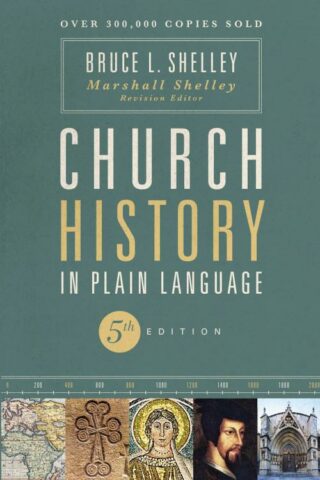

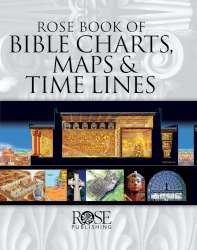
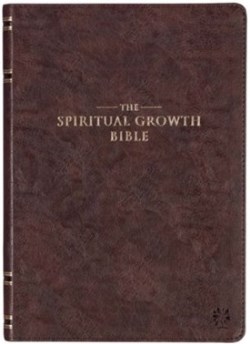
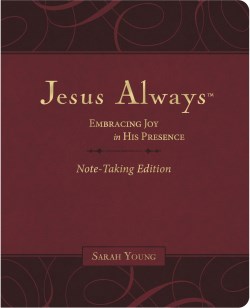


Reviews
There are no reviews yet.